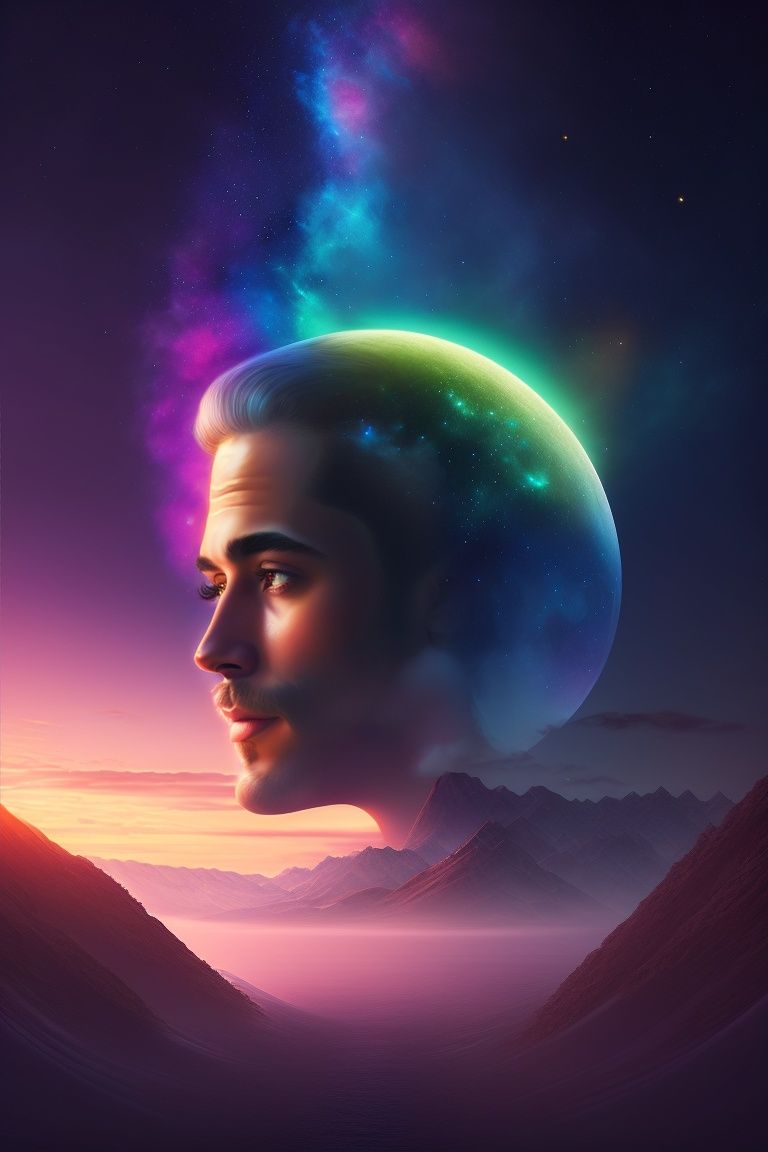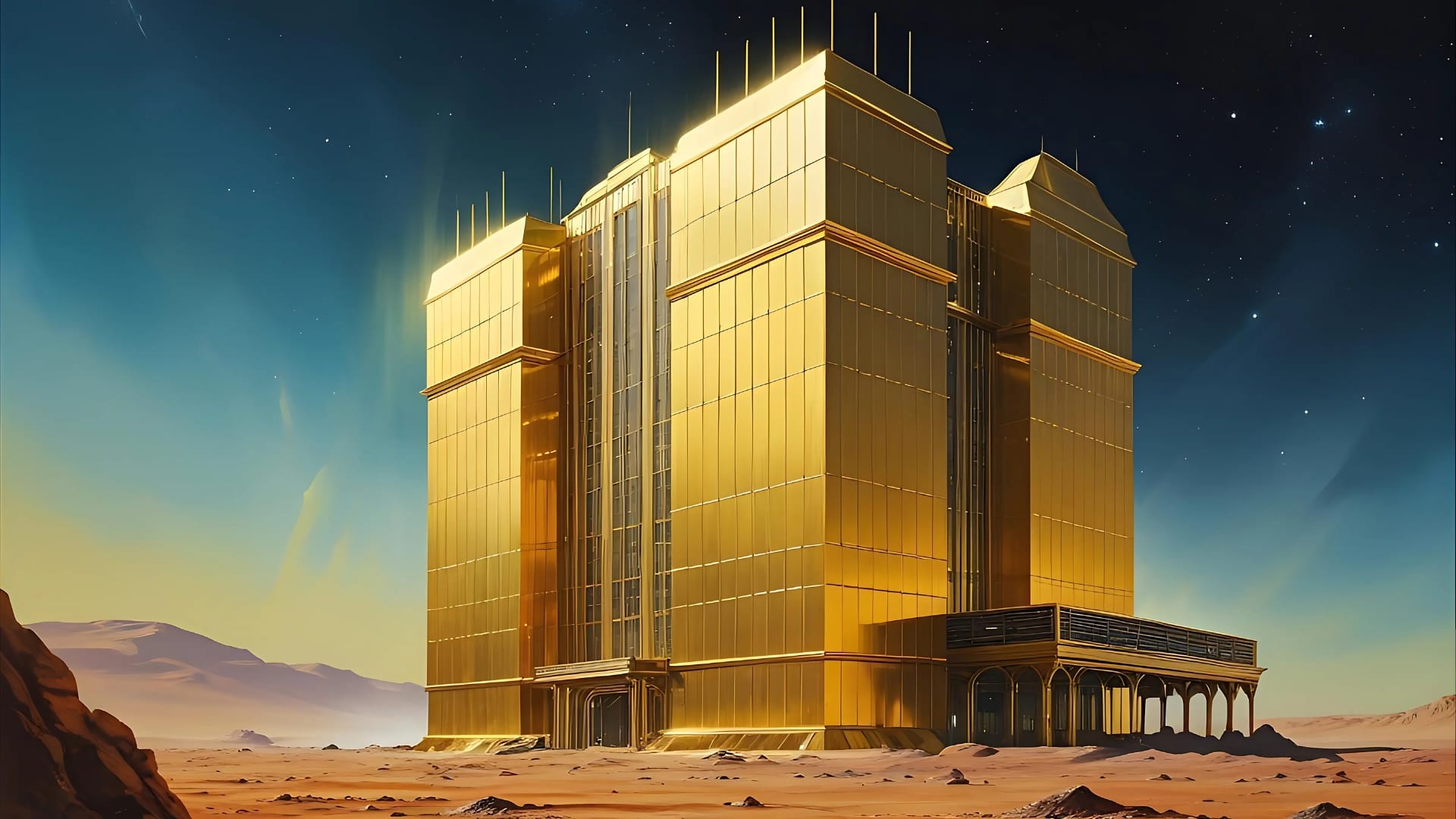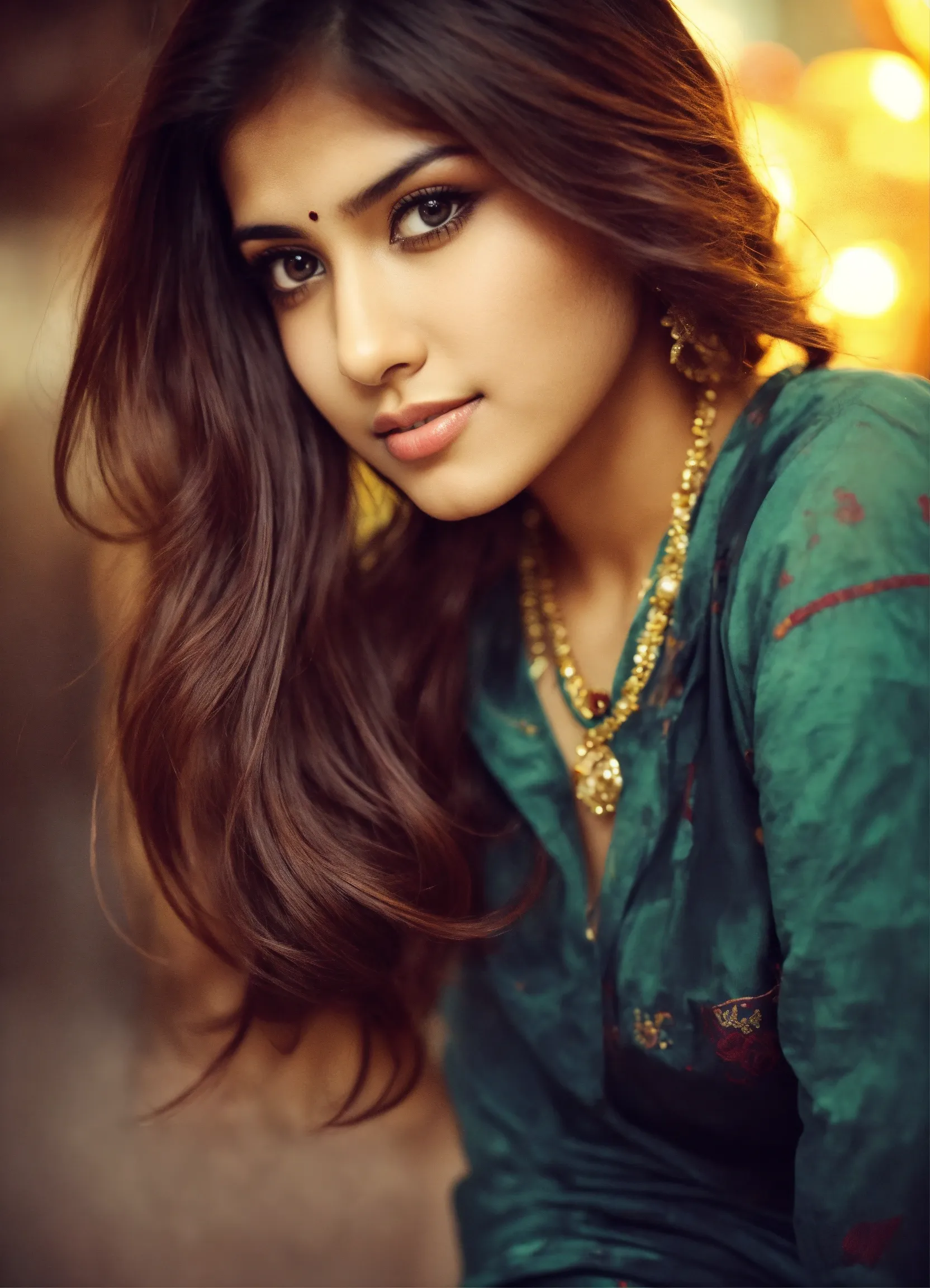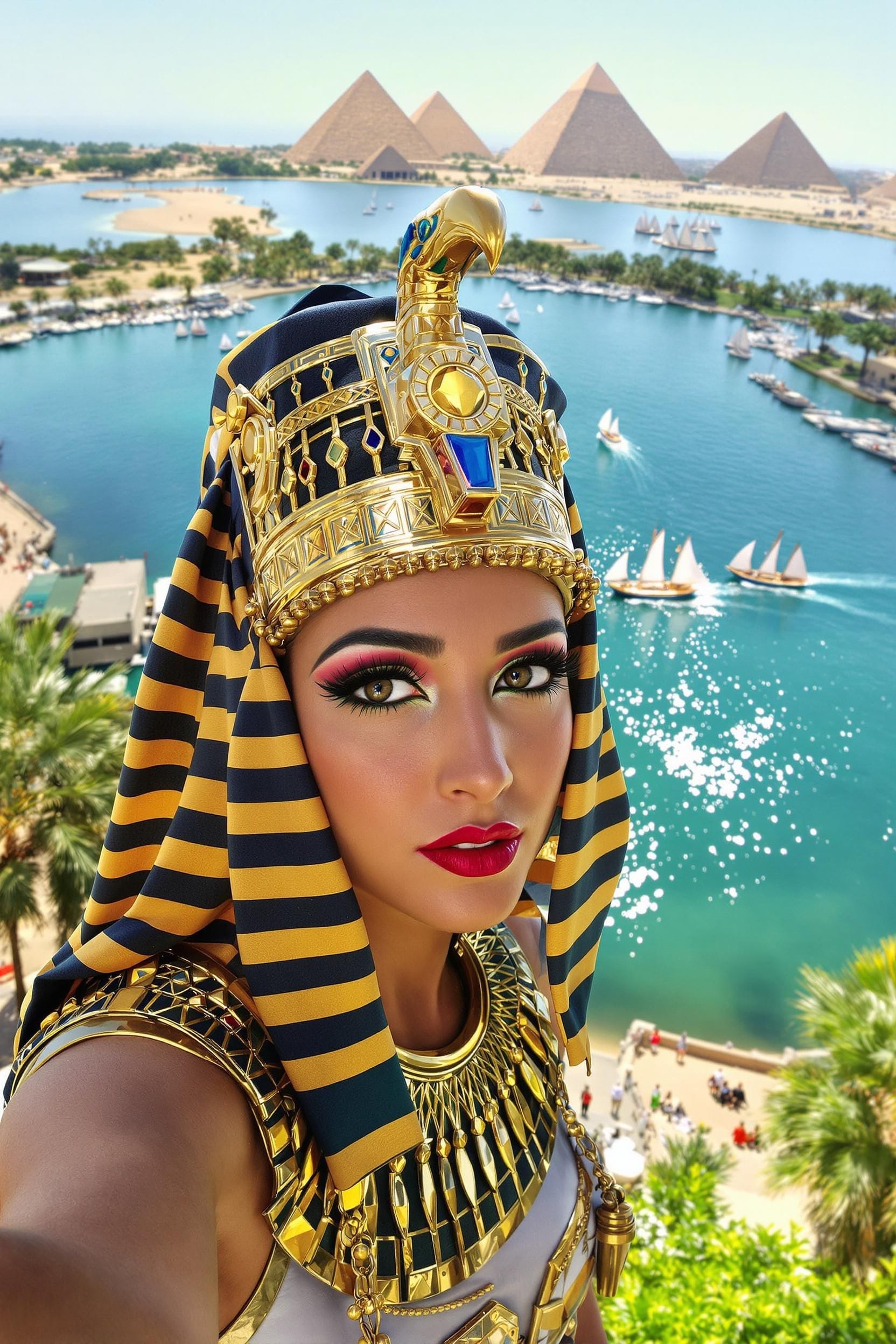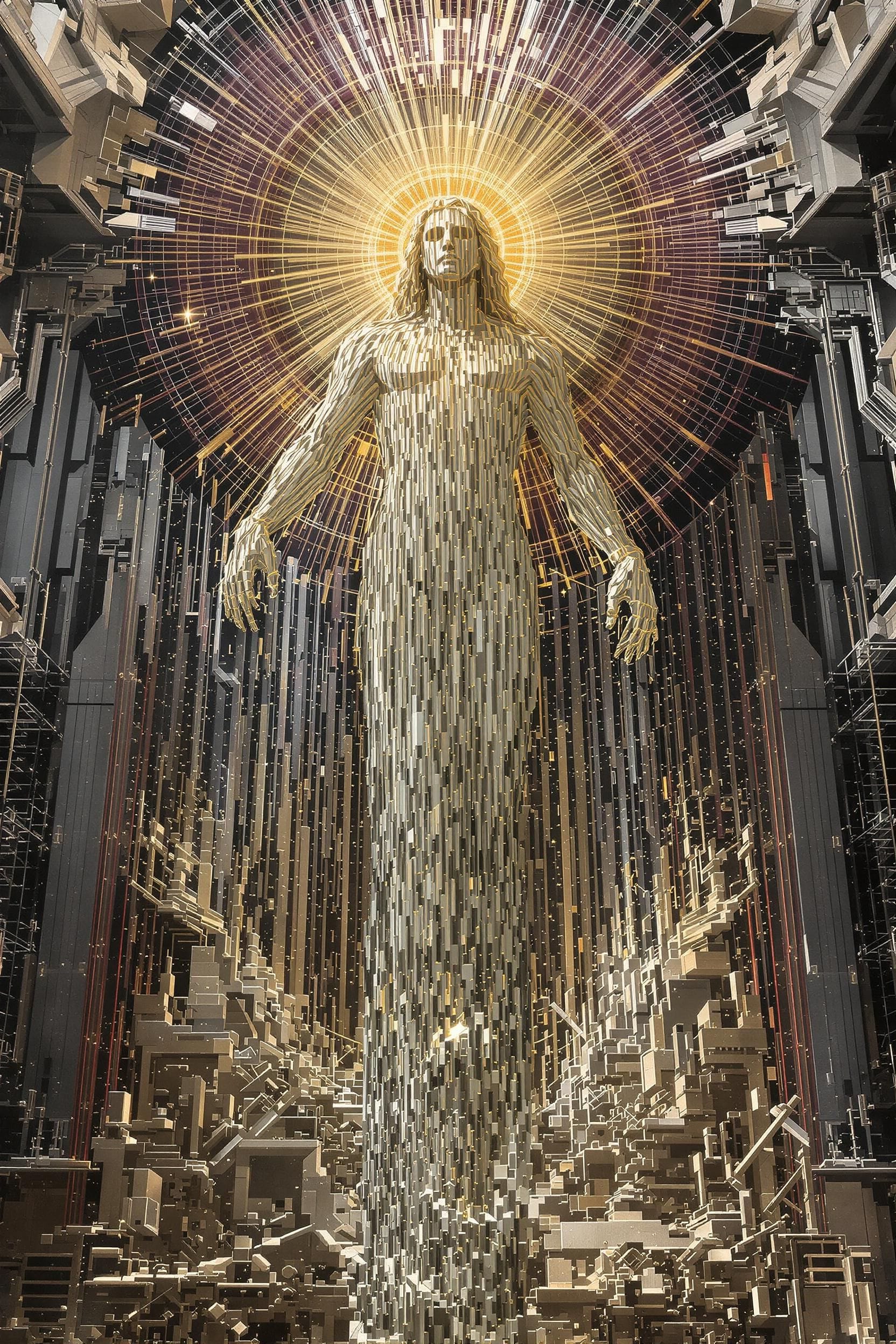Inspiration for Sale? Welcome to the Future!
Welcome to the future, where inspiration is now up for sale.
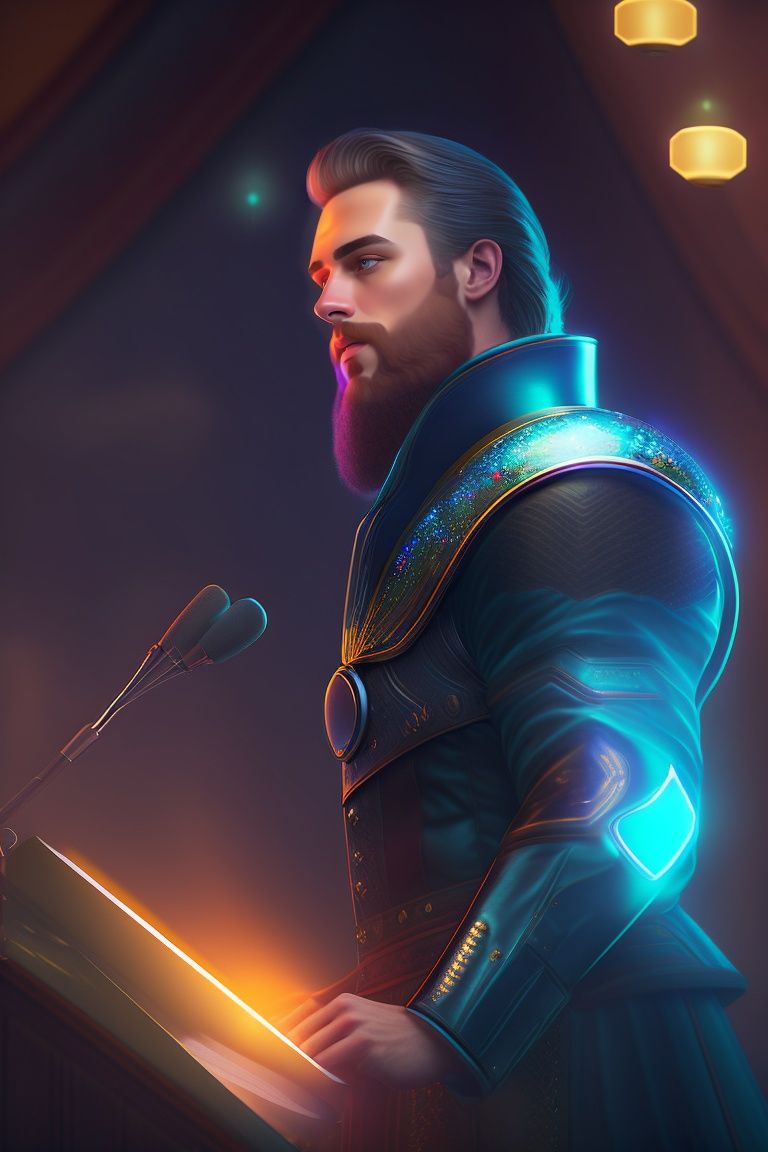
In a world where technology has taken unprecedented leaps, we find ourselves standing at the crossroads of innovation and ethics. As Mr. Mohan Leela Shankar - an AI veteran with years of experience in the field, I have witnessed the remarkable evolution of artificial intelligence and its impact on various industries. However, the latest development in this domain is both intriguing and concerning - the commodification of inspiration.
Picture a world where creativity is no longer limited to the realm of human imagination but can be purchased, downloaded, and utilized at will. Welcome to the future, where inspiration is now up for sale.
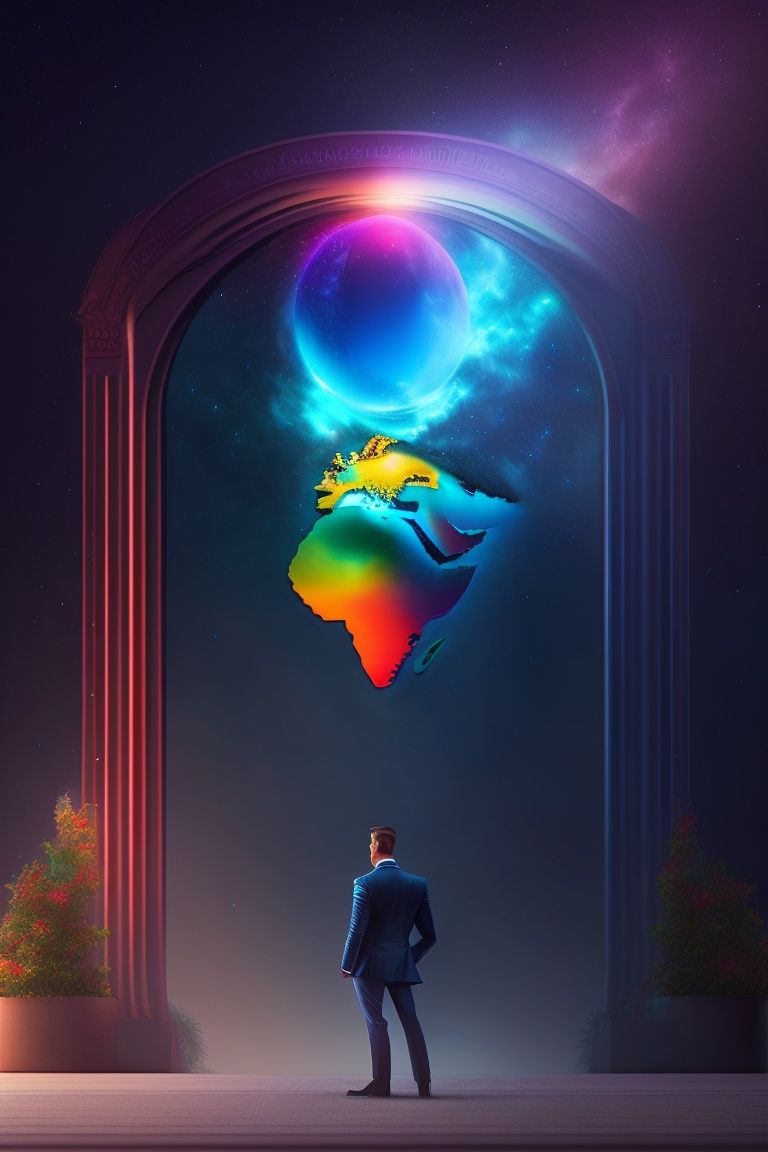
As an AI enthusiast, I've always been fascinated by the potential of artificial intelligence to augment human capabilities. The ability to process vast amounts of data, analyze patterns, and generate novel ideas has opened up countless opportunities. But when we begin to monetize inspiration and creative thinking, we need to address the ethical dilemmas that come hand in hand.
The rise of AI-generated art, music, and literature has left many in awe of the astonishing talent exhibited by these algorithms. We've seen AI programs compose symphonies that evoke emotions and create artworks that challenge the boundaries of creativity. While some hail this as a groundbreaking achievement, others are worried about the implications of reducing artistic expression to mere lines of code.
The core issue lies in the question: Can genuine inspiration be replicated or replaced by AI algorithms? Inspiration, by definition, springs from the depths of human consciousness, shaped by our experiences, emotions, and unique perspectives. It's a profound part of what makes us human. When we attempt to replicate this through artificial means, we tread on uncertain terrain.
On one side, AI-generated creative works showcase the sheer potential of technology, pushing the boundaries of human imagination. These algorithms analyze vast troves of existing art, literature, and music, learning from the great masters to create something entirely new. For many, this opens doors to creativity they might never have known existed otherwise.
However, on the flip side, some argue that commodifying inspiration threatens to devalue the efforts of human creators. Genuine human creativity comes with a lifetime of experience, emotions, and struggles, making it a deeply personal endeavor. Reducing this to an algorithmic formula may lead to an underappreciation of human artistry and stifle the recognition and support they deserve.
Moreover, we must also consider the potential for misuse of AI-generated inspiration. Could it be weaponized for propaganda, manipulation, or even unethical advertising? As AI algorithms become increasingly sophisticated, there's a real risk that AI-generated content could be indistinguishable from the work of human creators, leading to a crisis of authenticity.
So, what lies ahead for the future of inspiration and creativity?
Embracing AI in the creative process can undoubtedly enhance productivity and bring about groundbreaking innovations. However, it is crucial to maintain a balance that respects and values the essence of human creativity.
As consumers, we must be discerning about the content we encounter, ensuring we support genuine human creators and acknowledge their contributions. At the same time, we should embrace AI as a powerful tool for collaboration, allowing us to amplify our creative capabilities rather than replacing the spark of human imagination.
For creators, this evolving landscape necessitates continuous adaptation and embracing AI as a potential ally in their creative journey. Utilizing AI-generated inspiration as a starting point for their works can lead to exciting fusions of human artistry and technological ingenuity.
In conclusion, the future of inspiration for sale is already upon us. As an AI veteran, I remain both intrigued and cautious about the potential of AI in creative industries. Striking the right balance between the advancements of technology and preserving the human spirit of creativity will be the key to ensuring that this future is one where both humans and AI can thrive together.
Let us step into this new era of creativity with our eyes open, appreciating the marvels that AI can offer while cherishing the irreplaceable essence of human inspiration.
